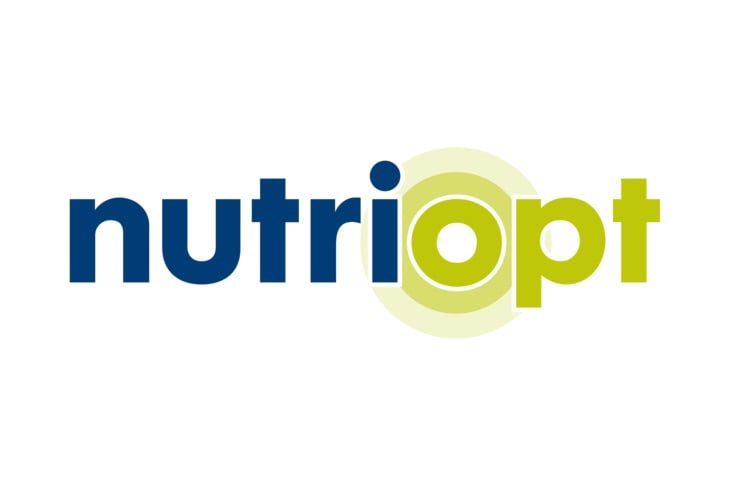
NutriOpt Optimal Performance (Swine Model)
Better predict the herd performance and calculate the economic impact of several feeding strategies.
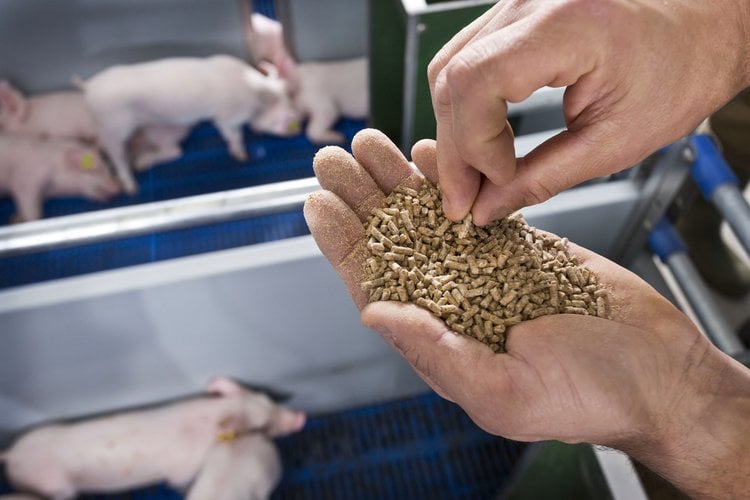
Today's global and highly complex food supply chain involves many potential quality and food safety risks. Swine feed producers play a crucial role in securing trust throughout the chain, from feed ingredients to the supermarket aisle. A successful nutritional strategy starts with the quality of the feed ingredients. Trouw Nutrition offers a digital platform, NutriOpt, which supports sustainable precision farming for optimal animal performance and economic results. Our Selko Feed Safety programme addresses challenges centered on mould, moisture and enterobacteria management, and yeast and mycotoxin control.
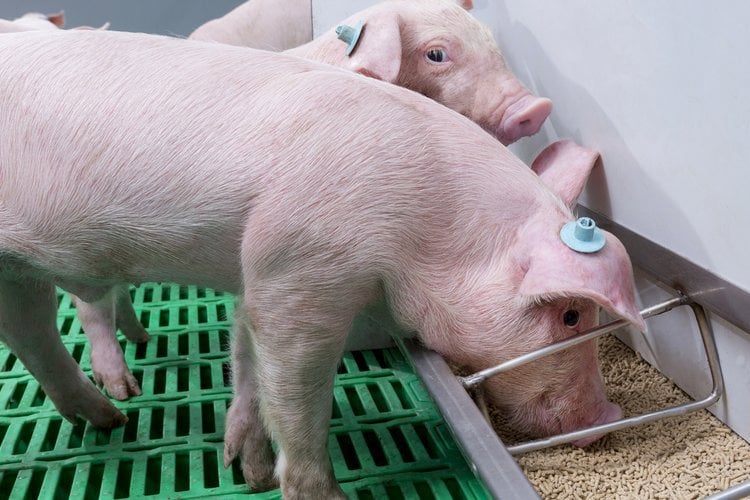
Profitability of swine producers is affected by a variety of factors, such as ingredients availability, feed intake and market prices of raw material and meat. Thoughtful attention, including consideration of the aforementioned factors, to nutrition and feeding programmes can reap economic benefits, as feed represents the highest cost in the grower-finisher phase of production. It can be challenging to manage and regularly evaluate their feed management strategies and programmes to support optimal productivity.
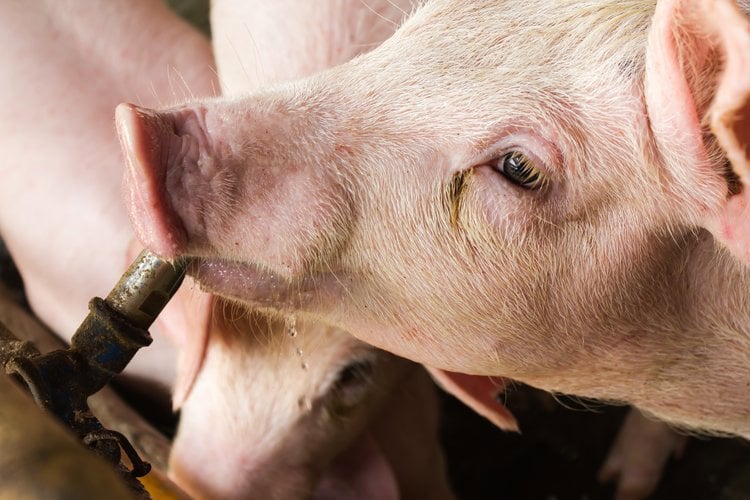
Although water makes up half of a grower-finisher’s body, it is the most neglected nutrient. Animals drink almost twice as much as they eat, making clean, fresh water essential for their growth. Additionally, water plays an important role in temperature control, nutrient transport, waste and digestive processes. If compromised, water quality can negatively affect performance, health and well-being. To ensure water quality for the herd, it must be monitored from source to drinker. A comprehensive biosecurity and farm management programme that starts with good water at the source and ensures hygienic conditions throughout the water system is recommended.
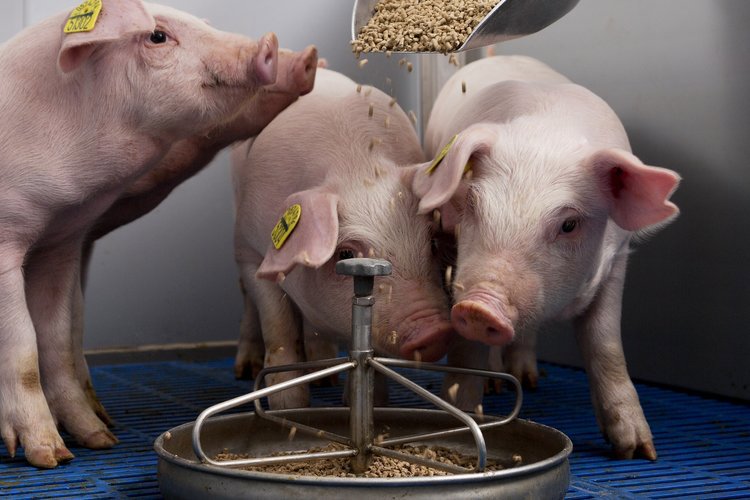
Raw material quality can be affected by physical and chemical factors, as well as microbiological risks, such as bacteria, moulds, yeasts and mycotoxins – all of which impact the level of feed safety and may also casue health problems in your swine and lead to reduced performance. Mycotoxin contamination can be a risk factor for developing intestinal disorders in grower-finisher pigs, either because it leads to feed refusal or because the mycotoxins can have a direct or indirect damaging effect on the animal. In addition, microbes such as Salmonella can have public health consequences. Controlling these risks demands an integrated approach, involving each part of the feed supply chain.